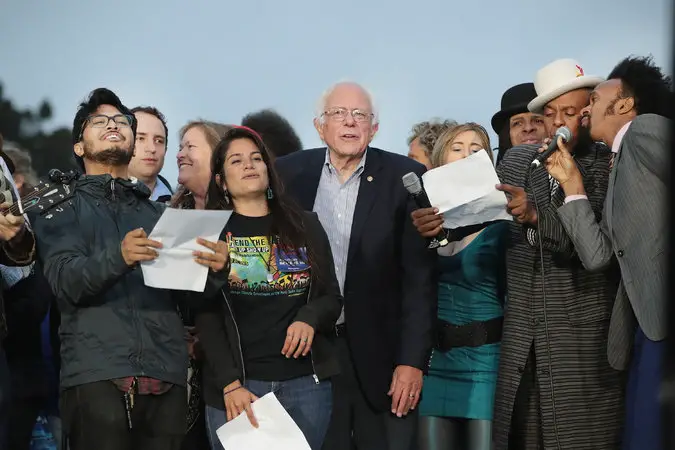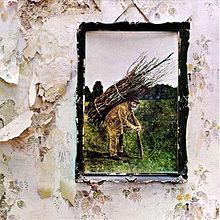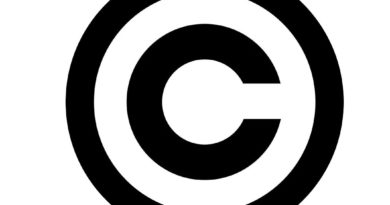
When Something in the “Public Domain” Isn’t
Turns out, “Happy Birthday” might not be the only iconic song that belongs to the public.
When a song or any other work is said to be in the public domain, it is generally understood to mean that particular composition can be used freely and without having to pay publishing or copyright fees to use or record, in this case, a song. Two current lawsuits, one involving Woody Guthrie’s “This Land is Your Land” and the other “We Shall Overcome,” are questioning when rights are secured, when a work truly belongs in the public domain and how to tell the difference.
RStreet.org explains that Article I, Section 8 of the US Constitution gives Congress the authority to establish a system for securing intellectual property “(t)o promote the progress of science and useful arts by securing for limited times to authors and inventors the exclusive right to their respective writings and discoveries.” That passage has been read and interpreted as artists having the right to be paid for the use of their works within a certain amount of time. “While that is a piece of the puzzle, it isn’t a complete picture; the Progress Clause requires that copyright act as an incentive, not just a reward.
“Ultimately, for the arts and sciences to progress and continue to move forward, creators must have access to a robust public domain,” the article continues. “Artists must be able to build off the works of those who came before them, just as Woody Guthrie did when he wrote ‘This Land is Your Land,’ and just like a large number of contributors did when they formalized the lyrics and melody of ‘We Shall Overcome,’” a song largely recognized in modern culture as a spiritual sung by enslaved people in the American south before the Civil War, among other time periods.
Guthrie’s tune, for example, was written as a response to “God Bless America,” based on the gospel song “When the World’s on Fire,” but the lyrics were his own original creation. The lyrics for his composition were protected by copyright upon publication in a 1945 pamphlet, which would have established copyright for 28 years with an option to renew once, a request that was never filed. Ludlow Music Inc., publisher of many of Guthrie’s compositions, didn’t attempt to register the copyright again until 1956, with a renewal in 1984, but the 1956 filing “makes no mention of the song’s earlier distribution, and Ludlow’s attempt to renew the copyright was 11 years too late, based on the song’s original publication date.” The company, however, continues to claim ownership of the song.
Now Satorii, a rock band, is claiming the song is in the public domain and they shouldn’t have to pay any kind of fees to use the lyrics with a different melody. The Hollywood Reporter says the band filed lawsuit seeking a judicial declaration that the song is in the public domain, whereas a motion to have the lawsuit dismissed was filed in a New York court last week by Ludlow Music and The Richmond Organization. Those two organizations say the band has filed a preemptive lawsuit, “were not asked to pay a license fee for use of the song, and were not denied a request to use the song in any medium. Plaintiffs’ claimed harm—both for the completely theoretical threat of an infringement suit and for the theoretical claim of their inability to release a song with the same lyrics but a different tune—is not sufficiently imminent to give them a right to relief.”
If the case is allowed to proceed, and if Satorii is successful, the court would be ruling that “anyone wishing to record a version of a copyrighted song by, for instance, singing into a voice-recording application on their cellular phone and sending a check for 9.1 cents (along with a Notice) to a copyright owner or the Copyright Office…could thereby challenge any historical copyright of their choosing in federal court,” according to the lawsuit, a copy of which was obtained by The Hollywood Reporter. “…The practical effect of a ruling that such a claim is viable would put all songwriters and the entirety of the music industry at risk of unimaginable harassment.”
At the same time, the same attorneys that successfully overturned Warner/Chappell’s claim of copyright for “Happy Birthday” last year are fighting to prove “We Shall Overcome” is in the public domain. The last known copyright was secured in 1948 and expired in 1976, but the song has a long history of lyrical changes and acknowledged authors, stretching at least as far back as 1792.
Ludlow Music also claims to maintain the copyright ownership to this song, pointing to a copyright registration application filed in 1960, but that registration references only verses 2 through 4 of the song as original works.
If you want to read more, go here and here; the latter article also explores a parallel case on photographs donated to the Library of Congress for public use that might not be as clear-cut as it seems.



